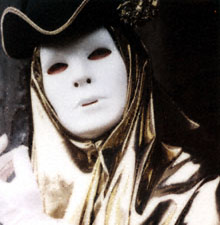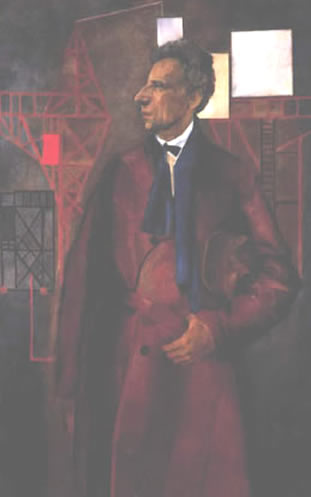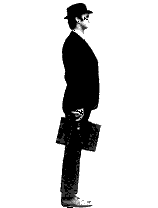"Read" -- my first word to a theatre major.
Plays.
And next -- more plays.
If in your mind you can direct, act, design each play you read, you will work professionally. Learn to do it without thinking about it. You can, it's just a matter of practice. Read one play a day and see for yourself.
Read the classics. Not for your classes, for yourself. The beauty of theatre that each script is YOUR showcase. The beauty of drama that it is always an open structure. More than other literary genre. It's "under-written"... Look at the page -- what are those stage directions if not directions for you? In a novel they describe it, in the play I do it! "Enter, exit" -- How? See it.
Plays ask for my participation. It's theatre. Let me do it... you won't notice how the public will appear...
Do you know how to read plays?
I know you can read, but can you read music?
The same with the plays. You must learn the notation.
Books on Acting
Theatre Bookshelf
Monologue I
Monologue Books, Part 2
MonoBooks III
Reference Books
Go to theory directory! Yes, on acting! 24hour-act, acting, audience, auditions, directing, director, rehearse, system, warmups and more!
Summary
All I can do is to post the links to amazon...

^ This is DramLit "showcase" ^
Notes




